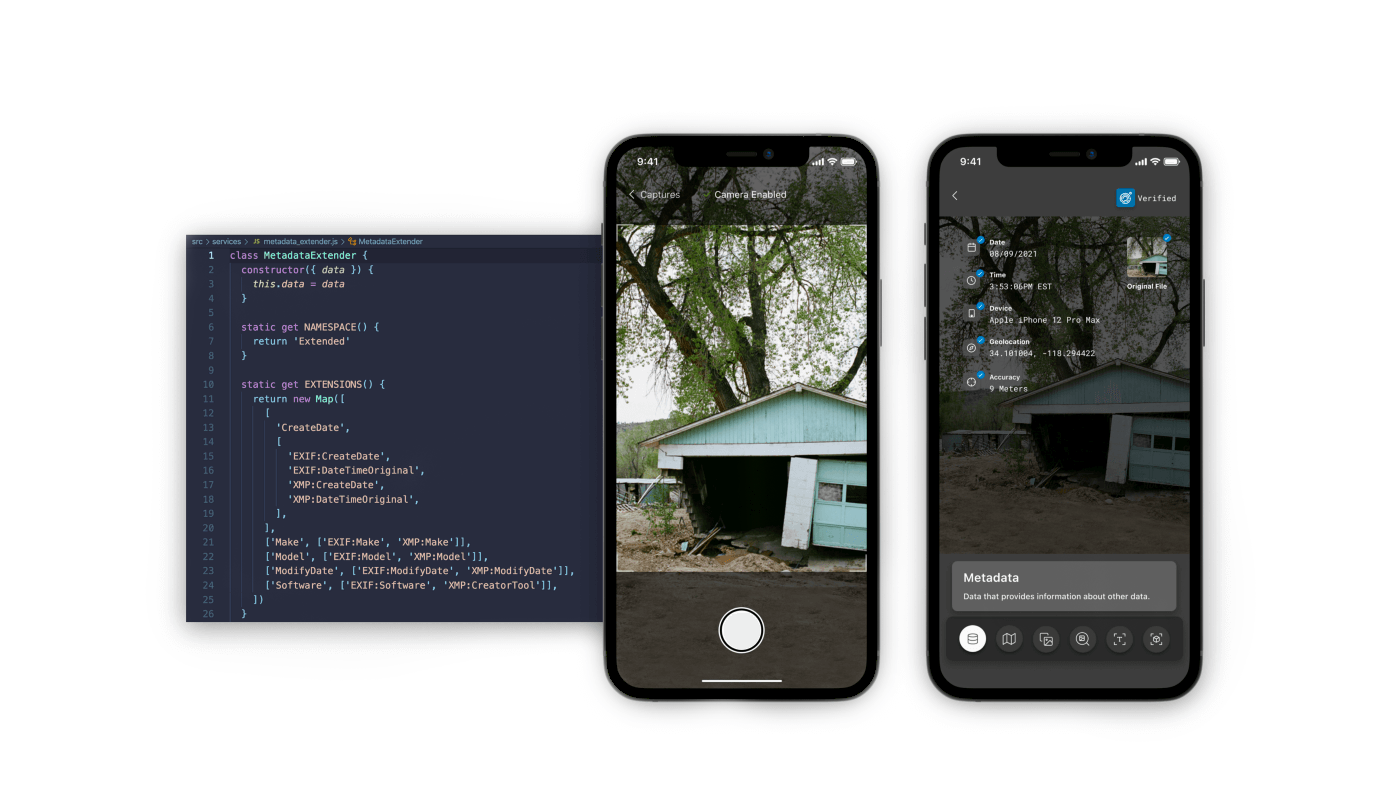GLOSSARYProvenance
Provenance refers to the history and origin of a piece of digital content, including its creation, modification, and distribution.
What is Provenance?
Provenance refers to the history and origin of a piece of digital content, including its creation, modification, and distribution. It can include information about the authors or creators of the content, the location and date of creation, and any changes or updates that have been made to the content over time.
Provenance helps us understand the context and reliability of the content, as well as help establish intellectual property rights and attribute credit to the creators. In digital media, provenance can be tracked and recorded using various methods, such as metadata and digital certificates, to ensure the authenticity and integrity of the content.
The content author always has control over whether provenance data is included. Establishing provenance is increasingly important due to the fact that manipulation software is becoming more sophisticated, and metadata can easily be manipulated and provides no proof of origin.
It’s because of this exact challenge that the Coalition for Content Provenance and Authenticity aims, “…to collectively build an end-to-end open technical standard to provide publishers, creators, and consumers with opt-in, flexible ways to understand the authenticity and provenance of different types of media.”



